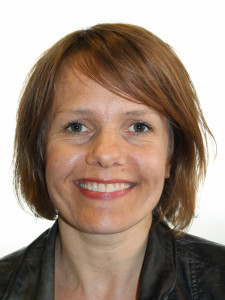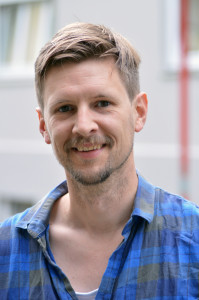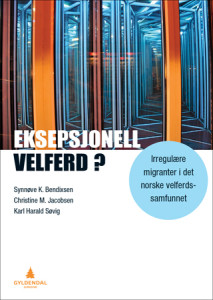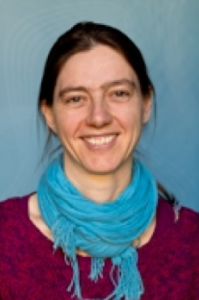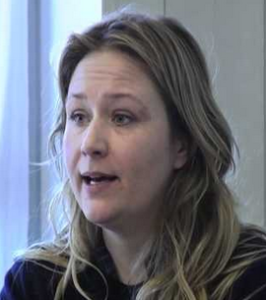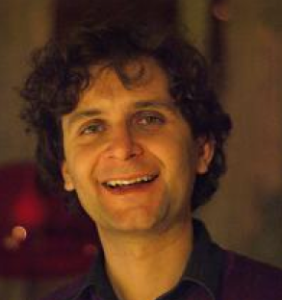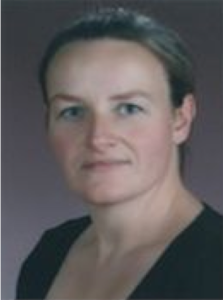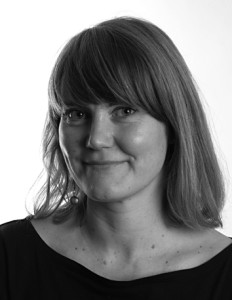What happens with Afghan migrants after they have received a negative decision on their asylum application in Norway? This is the topic of our next IMER seminar, with Halvar Andreassen Kjærre. For several years, Kjærre has followed a group of Afghan migrants around Europe. After their asylum application was rejected in Norway, he sought them out in Italy, Greece, France, Germany, Denmark and Sweden.
This approach makes it possible to understand how various aspects of the migrant’s lives change over time, and between different places in their migration trajectories. Identity, living conditions, social status, legal status, social relations, and desires and hopes are not constant. All of this changes along with their journeys. Following mobile people over time also gives insights into their migratory tactics, and the burden that is imposed upon them by different sovereign states.
The seminar takes place at the seminar room at the ground floor of Sosiologisk institutt, Rosenberggaten 39 the 23rd of may 2017 at 12.30. A light lunch will be served.
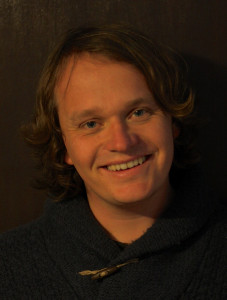 Halvar Andreassen Kjærre is a PhD candidate at IMER Bergen / Department of social Anthropology (UiB). His main field of interest is irregular migration, asylum regimes, migration control and mobility studies. The topic of his PhD thesis is the intra-European mobility of Afghan migrants in Europe.
Halvar Andreassen Kjærre is a PhD candidate at IMER Bergen / Department of social Anthropology (UiB). His main field of interest is irregular migration, asylum regimes, migration control and mobility studies. The topic of his PhD thesis is the intra-European mobility of Afghan migrants in Europe.

